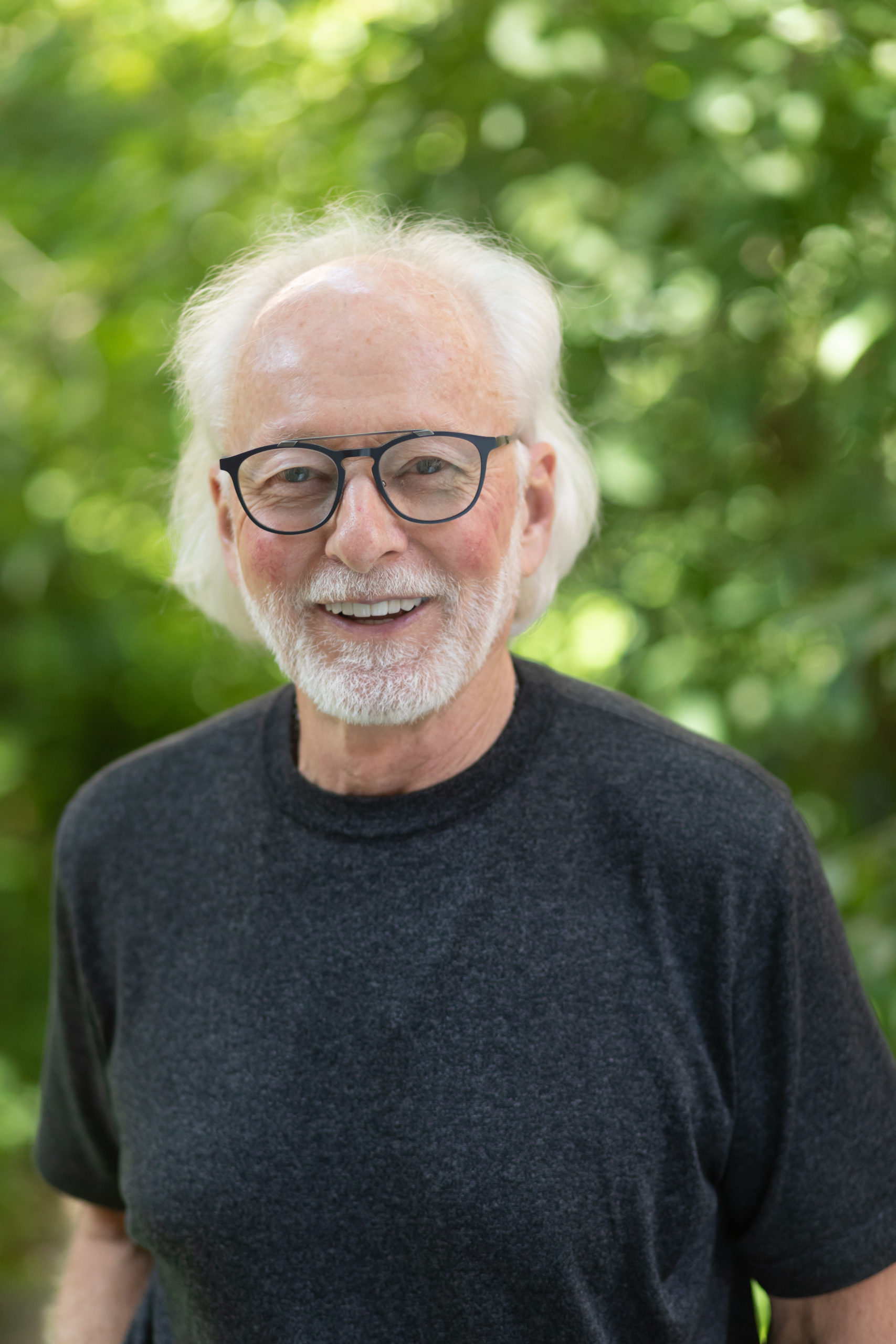An essential practice for recognizing your purpose is: FINDING A NAME FOR IT. THEN, PRACTICING IT. Calling is another name for purpose.
Purpose Practice
Time Required: Every day for one week – first thing in the morning; last thing in the evening.
Duration: 5 minutes; 2x / day
How to do it:
To name your purpose, identify your “most enjoyed gift.” Then for one week, practice it and experience the “felt sense” of living purposefully.
Step 1: Download and complete the Calling CardsTM exercise (from the Resources section)
The key idea of Calling CardsTM is a simple truth – you have a calling. Everyone does. And, each person’s calling is personal. Your calling comes from expressing the gifts that come most effortlessly to you, that you can’t recall learning, yet, you enjoy doing so spontaneously and easily that you think others must also have them. You feel an “inner urge” to, well, just do it.
When you begin to see that what you do daily is an opportunity to make even a small difference in the world, nothing changes – yet, everything changes. We live purposefully by finding some small meaning in what we do daily. There are 1440 “purpose moments” every day to give your gift.
Step 2: Take a minute to reflect on your #1 Calling Card (from the exercise above).
Reflection:
– Does it feel “effortless?”
– Do you “enjoy” doing it?
– Do others observe you doing it effortlessly?
– Do you enjoy practicing it or learning more about it?
NOW, picture how you might express this gift today at work, home, community?
Step 3: Write your #1 Calling Card on a sticky note and put it on a mirror where you will see it every day. First thing in the morning, commit to giving this gift today. At the end of the day, reflect on what you did, how you felt, and what you learned from the practice. At the end of the week, reflect on how to sustain this practice.
Your calling comes from within you. You answer the call by listening to the “inner urge” within you, then, practicing it. Heeding your calling comes from listening to and accepting your individual gifts and private yearnings. Heeding means asking uneasy questions and not resting easy with easy answers.
Ready to try this practice?
When individuals do this practice using the Calling CardsTM, often they are at a transition point of some kind. Perhaps, there’s a change in their work world. Perhaps, they’re entering (or considering) a new phase in their lives. Or, perhaps, post-pandemic, they realize that they want something different.
Something brought you to this exercise – what was it?
Regardless of your age or your life stage, there’s always the choice to “unlock” a part of yourself that you’ve forgotten, or that might never have been named. There are six powerful reasons to name your calling:
- A stronger sense of purpose
- A clearer sense of direction
- Increased confidence
- Language you can use to communicate the value you can add
- Fulfillment and productivity in your work
- Sense of personal peace
One Firm Rule: YOU!
A calling is the inner urge to give your gifts, to make things better. Your calling can give you the sense that you are part of a larger pattern – a reality that will make your life feel purposeful.
There is ONE firm rule about naming your calling. This rule stipulates that YOU are the only expert on your calling. Others may offer guesses, observations, experience, and support, but YOU are the only authority, the only one who can ultimately name it and claim it.
FIND YOUR NAME FOR IT. THEN, PRACTICE IT FOR ONE WEEK!
** Download the Calling Cards Handout from the Resources section.

Richard Leider, founder of Inventure – The Purpose Company, is the author of twelve books, including two best sellers, which have sold over one million copies. Repacking Your Bags and The Power of Purpose are considered classics in the personal growth field. Richard’s PBS Special – The Power of Purpose – was viewed by millions of people across the U.S. A recent book was Who Do You Want to Be When You Grow Old?: The Path of Purposeful Aging. His newest book is the 4th edition of The Power of Purpose: To Grow and to Give for Life with longtime co-author David Shapiro.


